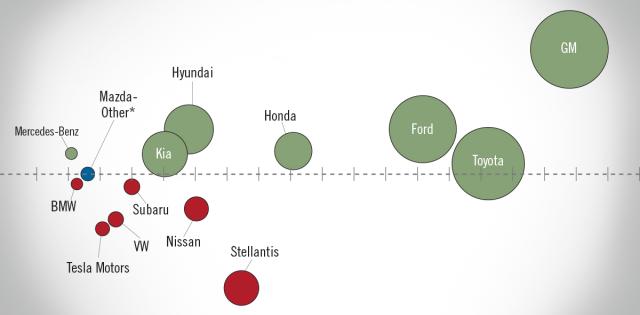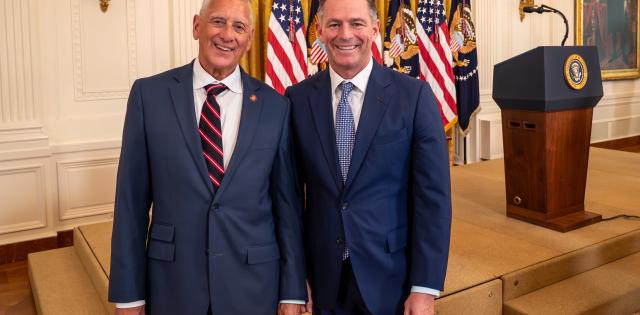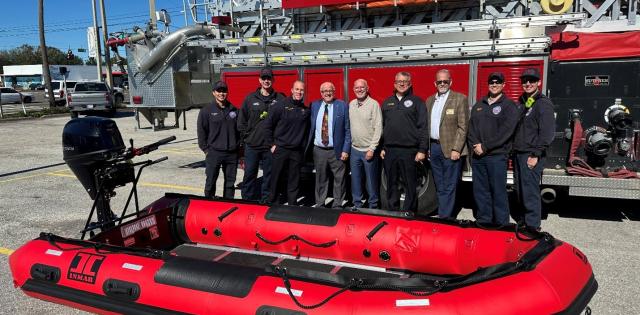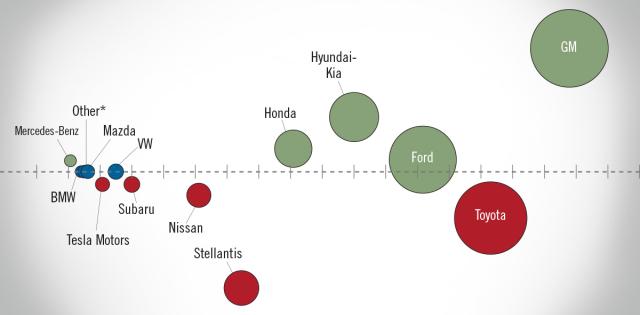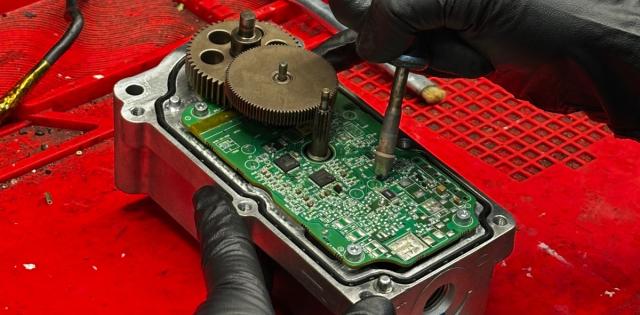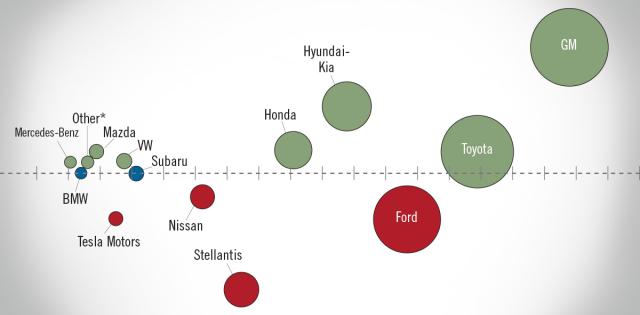WASHINGTON -- House Ways and Means Chairman Kevin Brady (R-Texas) released a "Tax Reform Blueprint" in July 2016 that outlined the general provisions of a comprehensive tax reform package. However, a tax reform bill was not introduced, and the 114th Congress adjourned last week for the year.
When the new Congress convenes in January, the House Ways and Means Committee, the Senate Finance Committee and the Trump administration will begin developing the actual text for a tax reform bill. In anticipation of tax reform being a priority next year, the Republican members of the House Ways and Means Committee are having an informal meeting this week to discuss the basic structure of their version of the expected tax bill.
One of the provisions included in the Tax Reform Blueprint has generated significant concern among several industries, including the automotive sector. The "border adjustability tax" proposal would provide corporate income tax preferences for exporters of products made in the U.S. and impose tax burdens on importers of products made overseas. While the blueprint contains few specifics, the implementation of such a provision could adversely affect industries that rely on global supply chains, such as the automotive sector. This provision is not likely to have a direct effect on dealers' tax liabilities, but it could have a significant impact on a dealer's business model.
If imposed, the tax change would trigger a significant increase in the cost of the imported vehicles and vehicle components (whether from Korea, Japan, Mexico or Germany). This could have a wide-ranging impact because currently the highest domestic content of any vehicle sold in the U.S. is 75 percent. There is uncertainty about how this proposal would be implemented and what the impact would be to consumers.
In advance of the meeting of the Republican members of the Ways and Means Committee, several trade associations, including NADA, AIADA, the Alliance of Automobile Manufacturers and the Association of Global Automakers, joined with other associations to express concerns about the border adjustability tax provision in a letter to Chairman Brady and Ranking Member Richard Neal (D-Mass.) That letter was sent on Dec. 13.
As the tax reform process unfolds in the coming months, NADA will continue to work with members of Congress, the Trump transition team, and the new Trump administration to advocate for tax policies that enable dealers to continue to drive the economy.


